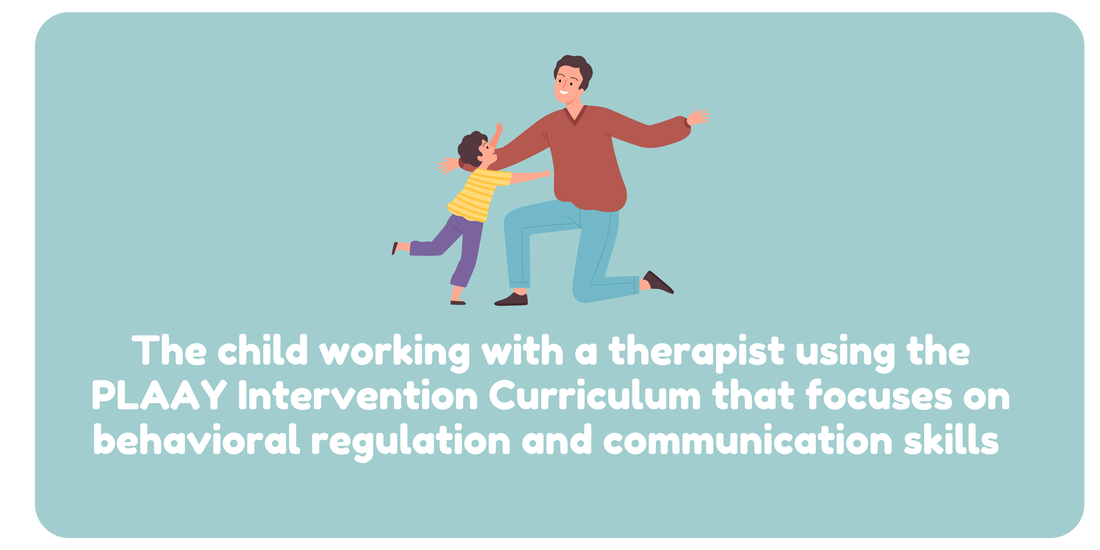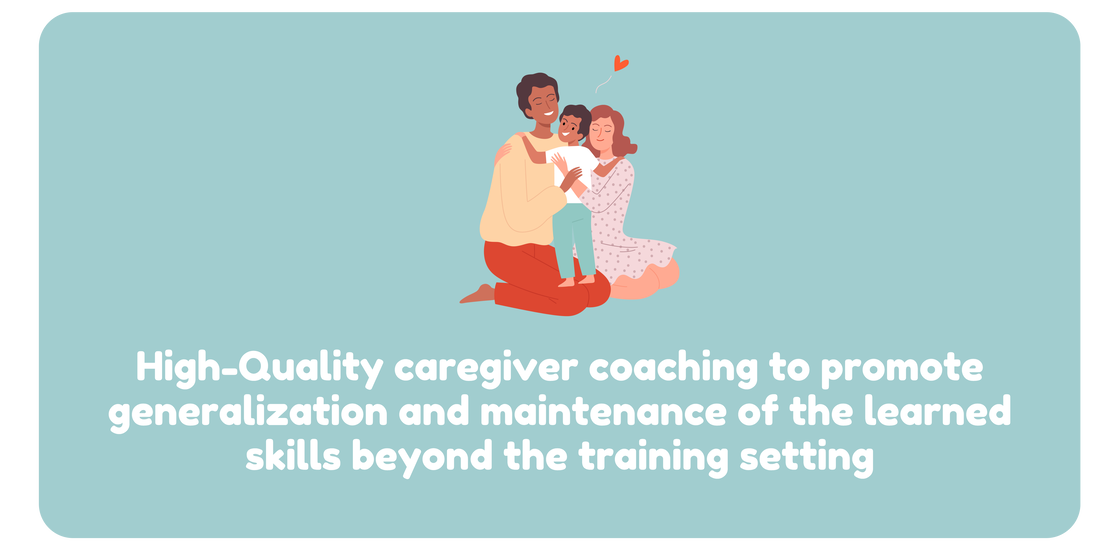About
Dr. Neely extended her work in the treatment of problem behavior to focus on a pre-emptive intervention for infants and toddlers at-risk for ASD. Recent advances in early detection via screeners (e.g., Autism Observation Scale for Infants; Bryson, Zwaigenbaum, McDermott, Rombough, & Brian, 2008) and medical evaluations (e.g., electroencephalogram; Bosl et al., 2018) facilitates a remarkable opportunity to attempt to improve the trajectory of child development by intervening early – even before an official diagnosis can be made. This project is ongoing but the team has presented multiple conference presentations regarding the preliminary results. Dr. Neely's major contributions to this work is in designing and implementing the part of the intervention focused on treating emerging problem behavior. The treatment consists of two key components:
|
Project Manager
|
Cha Yong is currently a doctoral student in the School Psychology PhD program. She obtained her Master of Arts in Educational Psychology with a concentration in behavior assessment and intervention from the University of Texas at San Antonio. She is licensed and certified as a board-certified behavior analyst (BCBA) and her professional background encompasses delivering evidence-based clinical services to autistic children and adolescents. Her research pursuits center on utilizing ABA-based interventions to address intellectual and developmental disabilities in young children and school-age individuals. More specifically her interests extend to exploring cultural humility and mental health challenges within minority groups, roles/impact of culture in learning, and autistic masking.
|
Please note that this work was supported in whole or part by a grant from the Texas Higher Education Coordinating Board (THECB). The opinions and conclusions expressed in this document are those of the author(s) and do not necessarily represent the opinions or policy of the THECB.
About
|
Research |
Students |
Caregivers |
ABA at UTSA |






